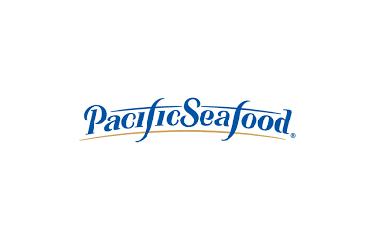Clackamas, Oregon, U.S.A.-based Pacific Seafood – Westport LLC will pay USD 92,250 (EUR 91,000) – USD 30,750 (EUR 30,000) less than it was fined originally – to the Washington Department of Ecology to settle alleged water-quality violations.
According to a new agreement, Pacific will settle an appeal of a larger penalty for 49 water-quality violations after the department fined the company USD 123,000 (EUR 122,00) in April.
The department found that Pacific released wastewater containing fecal coliform, grease, oils, and other solids above the amounts allowed in its permit. The company also did not monitor several wastewater discharges as required by the permit.
“Ecology has agreed to suspend USD 30,750 (EUR 30,000), if the facility remains in compliance with conditions established in its water-quality permit for one year. If permit violations occur during that time, Pacific Seafood will be required to pay the suspended portion of the penalty,” the department said in a press release.
The department also found that, from April 2020 through November 2021, Pacific Seafood’s processing facility in Westport, Washington, U.S.A. released wastewater containing fecal coliform, grease, oils, and other solids into Half Moon Bay in Grey’s Harbor above the amounts allowed in its permit, it said in a press release.
“Excess effluent from seafood processing can harm aquatic life and reduce water quality. Maintaining water quality standards and eliminating pollution is critical to protecting the health of this important ecosystem,” the department said.
In 2020, Pacific Seafood reached a settlement with the U.S. Environmental Protection Agency (EPA) over Clean Water Act violations at their crab and shrimp processing plants in Westport, Washington. As part of the settlement, Pacific agreed to pay USD 190,000 (EUR 188,000). The company promised to take steps to improve compliance at its Westport plants. It said the plan is to introduce new programs and use technology to address the issues.
More than 2,000 violations were recorded by the EPA during an unannounced inspection in 2017. Among them were discharge-limit violations as well as instances of incorrect sampling and incomplete or inadequate reporting.
“Seafood processors have wastewater discharge permit limits for a reason,” EPA Seattle Office of Enforcement and Compliance Assurance Acting Director Lauris Davies said. “Local receiving waters can get inundated with body parts, entrails, shell particles, oil, and other byproducts in volumes they just can’t handle. When discharges exceed permit requirements, companies must take swift action to comply with legal limits, or face penalties.”







